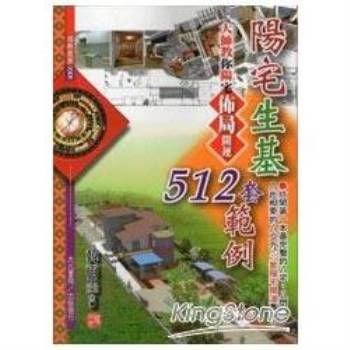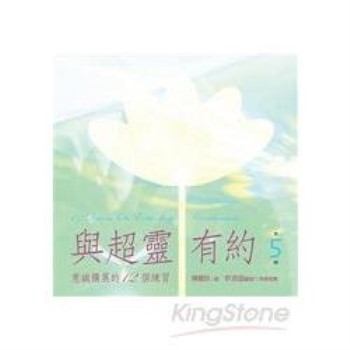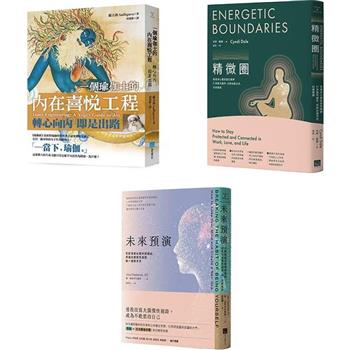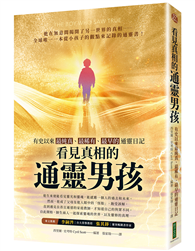Edmund Blunden (1896-1974) ranks among the most prodigious literary talents of Britain in the twentieth century. As an author, he is best known for ’Undertones of War’, a moving account of the First World War by one of its youngest soldier poets. But he was also a biographer, an editor, a scholar, a teacher, and professor in Hong Kong, Japan, and Oxford. This book - the first biography of Blunden and written with the cooperation of his family - captures the man, his full career, and the literary environment in which he lived. Drawing from many thousands of Blunden’s letters, diaries, and other personal papers round the world, as well as from interviews with friends and colleagues, Barry Webb traces the writer’s boyhood in Kent, his schooldays at Christ’s Hospital, his two years in the trenches of the Somme and Passchendaele, and the career that extended from journalism in postwar London to the chair of poetry at Oxford in 1966. Blunden was the author of over a thousand poems, more than three thousand articles and reviews, and biographies of Shelley and Leigh Hunt, and he was the first major editor of John Clare and Wilfred Owen. Webb describes this active literary life and provides an account of Blunden’s many influential friendships (with Siegfried Sassoon, for example), of his three marriages and seven children, and of the intriguing relationship with his Japanese secretary. He reveals Blunden to be a man of many contradictions: usually pictured as most at home on an English village green, he spent half his working life in the Far East; essentially a pacifist, he was the proud owner of the Military Cross; known for his generous mildness, he was accused of Nazi sympathies in 1939; at heart a private man, he was constantly in demand as a leader. Webb sees these tensions as providing the stimulus for the work and writing of a highly respected figure in twentieth-century literature, a man who had a profound effect on his contemporaries in both the East and the West.
| FindBook |
有 1 項符合
Edmund Blunden: A Biography的圖書 |
 |
Edmund Blunden: A Biography 作者:Webb 出版社:Yale University Press 出版日期:1990-11-01 語言:英文 規格:精裝 / 352頁 / 24.13 x 16.33 x 3.66 cm / 普通級/ 初版 |
| 圖書館借閱 |
| 國家圖書館 | 全國圖書書目資訊網 | 國立公共資訊圖書館 | 電子書服務平台 | MetaCat 跨館整合查詢 |
| 臺北市立圖書館 | 新北市立圖書館 | 基隆市公共圖書館 | 桃園市立圖書館 | 新竹縣公共圖書館 |
| 苗栗縣立圖書館 | 臺中市立圖書館 | 彰化縣公共圖書館 | 南投縣文化局 | 雲林縣公共圖書館 |
| 嘉義縣圖書館 | 臺南市立圖書館 | 高雄市立圖書館 | 屏東縣公共圖書館 | 宜蘭縣公共圖書館 |
| 花蓮縣文化局 | 臺東縣文化處 |
|
|
圖書介紹 - 資料來源:博客來 評分:
圖書名稱:Edmund Blunden: A Biography
|




![塔木德:猶太人的致富聖經[修訂版]:1000多年來帶領猶太人快速累積財富的神祕經典 塔木德:猶太人的致富聖經[修訂版]:1000多年來帶領猶太人快速累積財富的神祕經典](https://media.taaze.tw/showLargeImage.html?sc=11100697818)





